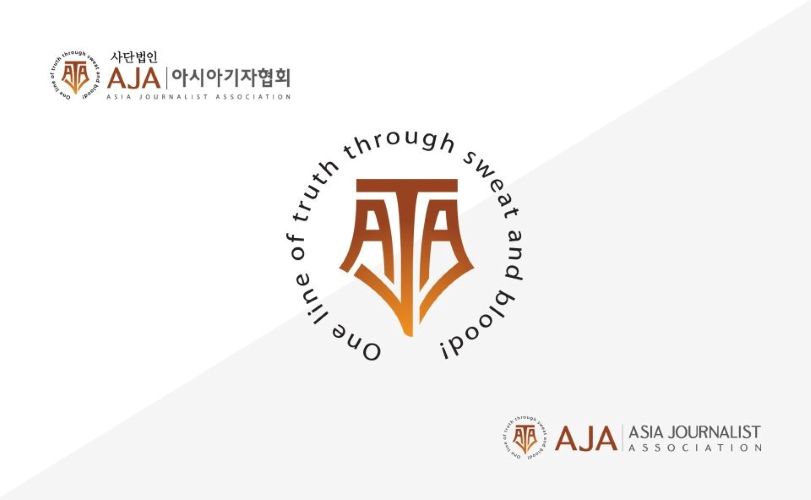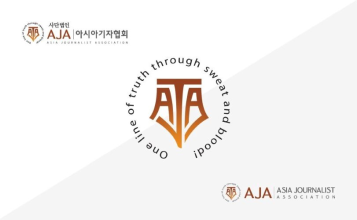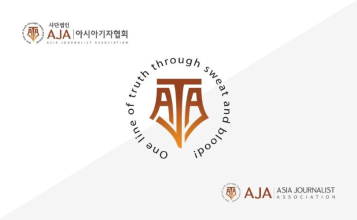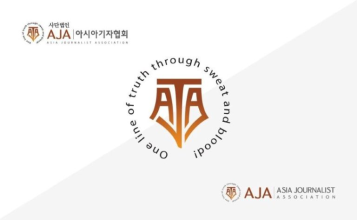AJA Newsbites – July 7, 2025

AJA Newsbites is a curated roundup of major news and developments from across Asia, brought to you by members of Asia Journalist Association (AJA)
Lee Sang-ki, THE AsiaN, Korea
On July 6, a South Korean special prosecutor requested an arrest warrant for former President Yoon Suk-yeol, just one day after his second round of questioning. The charges include abuse of power, falsification of documents, and obstruction of official duties. However, allegations related to foreign exchange violations tied to a drone operation over Pyongyang were excluded for now, as investigations are still ongoing.
The Seoul Central District Court is set to hold a detention hearing to decide whether to issue the warrant. Deputy Special Prosecutor Park Ji-young emphasized that the investigation into the excluded charges will proceed regardless of the outcome of the hearing. Yoon was subjected to a 15-hour interrogation on July 5.
Norila Daud, Malaysia World News, Malaysia
The 58th ASEAN Foreign Ministers’ Meeting (AMM) and related meetings will be held from July 8 to 11 at the Kuala Lumpur Convention Centre (KLCC), with approximately 1,500 delegates expected to attend. Participants will include foreign ministers from ASEAN member states, Timor-Leste, ASEAN Dialogue Partners, ASEAN Regional Forum (ARF) participants, Sectoral Dialogue Partners, and senior officials from the ASEAN Secretariat.
Malaysia is hosting the AMM as part of its fifth ASEAN Chairmanship, having previously served in the role in 1977, 1997, 2005, and 2015. Under the theme “Inclusivity and Sustainability,” the 58th AMM will feature 24 ministerial-level meetings, including sessions with ASEAN Dialogue Partners and Sectoral Dialogue Partners.
Among the early arrivals was Laos Deputy Foreign Affairs Minister Phongsavanh Sisoulath, who landed at Kuala Lumpur International Airport (KLIA) at 8:05 p.m. on Sunday. Other early arrivals include Myanmar’s Ministry of Foreign Affairs representative Kyaw Nyun Oo and Thailand’s Permanent Secretary of Foreign Affairs Eksiri Pintaruchi. Senior officials from the Philippines, Vietnam, Brunei, and Indonesia also arrived on Sunday.
Nasir Aijaz, Sindh Courier, Pakistan
The death toll from the building collapse in the Lyari area of Karachi has risen to 27, as more bodies were recovered from the rubble. The search operation is ongoing, as city officials estimate that approximately 40 people were residing in the 30-year-old structure. Among the deceased are 9 women, 15 men, a 10-year-old boy, and a one-and-a-half-year-old girl. Nine people were injured and are currently receiving treatment at the hospital.
The six-story building collapsed on Friday, July 4, 2025. Karachi, the capital of Pakistan’s Sindh province, has a large number of aging buildings that have been declared unsafe, but authorities have failed to evacuate them in time.
Pooneh Nedai, Shokaran magazine, Iran
Iran’s Energy Minister has announced the upcoming launch of a national initiative to promote 5-kilowatt rooftop solar systems, with a public call set for next week. The minister stated that households can independently meet their electricity needs by installing these systems.
Abbas Aliabadi underscored the importance of decentralized power generation and revealed that three models of rooftop solar systems are ready for rollout. He encouraged public participation to help advance energy self-sufficiency within the residential sector.
He also stressed the supportive role of government institutions, suggesting that municipalities and the Ministry of Roads and Urban Development could offer incentives such as construction cost reductions or increased building allowances to encourage adoption of solar technology.
Habib Toumi, THE AsiaN, Bahrain
The Gulf Cooperation Council (GCC) has taken a major step toward launching a unified tourist visa that will allow travelers to move freely among its six member states: Bahrain, Kuwait, Oman, Qatar, Saudi Arabia, and the United Arab Emirates.
Modeled after the European Union’s Schengen visa, the initiative aims to streamline cross-border travel, reduce bureaucratic hurdles, and enhance the region’s attractiveness to international tourists.
Officials described the move as a milestone in regional integration and economic collaboration. “The unified visa is designed to facilitate mobility, simplify tourism procedures, and reflect the shared vision of GCC leaders,” they said after a high-level meeting to finalize details ahead of the visa’s rollout.
Beyond easing travel, the system is also expected to improve security coordination and support broader goals such as economic diversification and increased social connectivity across the Gulf region.
ⓒ THE AsiaN | All rights reserved
This content is copyrighted by THE AsiaN. If you wish to share it, please do so without modifying the original text and always include the source link. Unauthorized editing or sharing without proper attribution may result in legal consequences.



